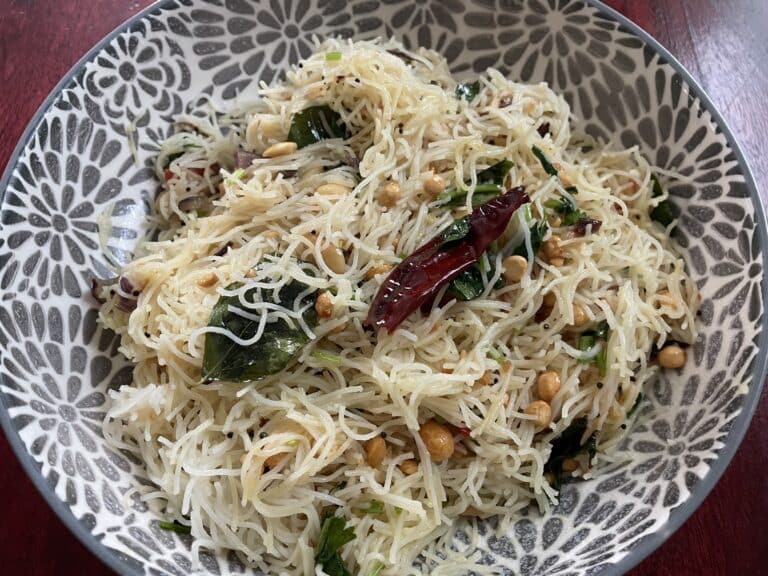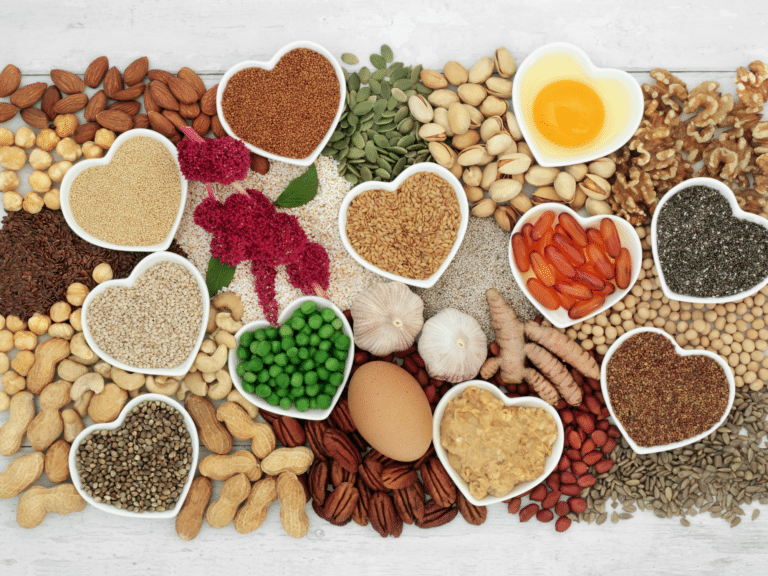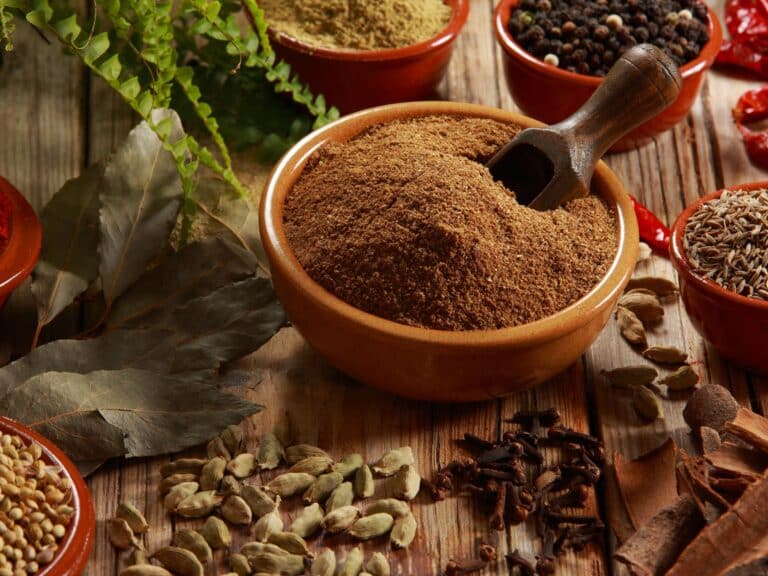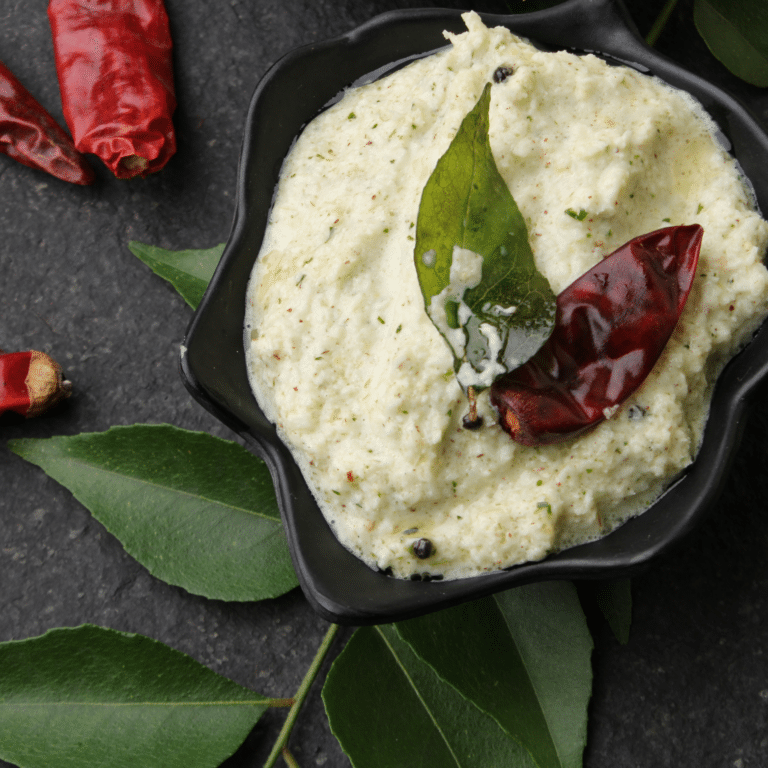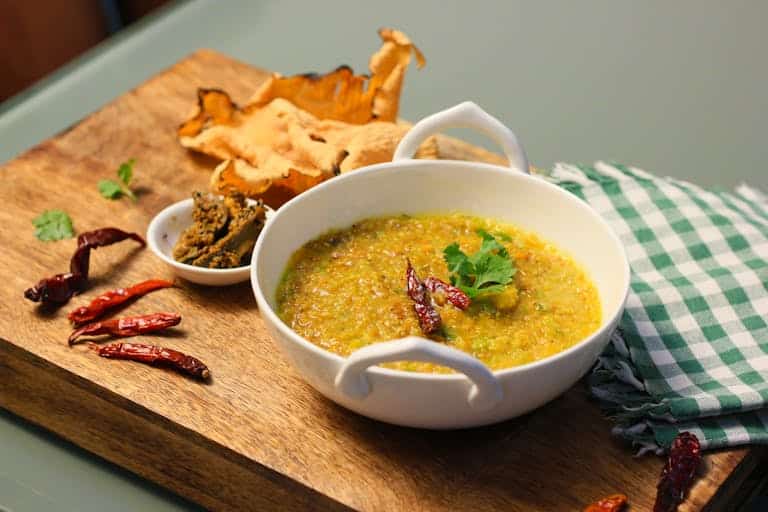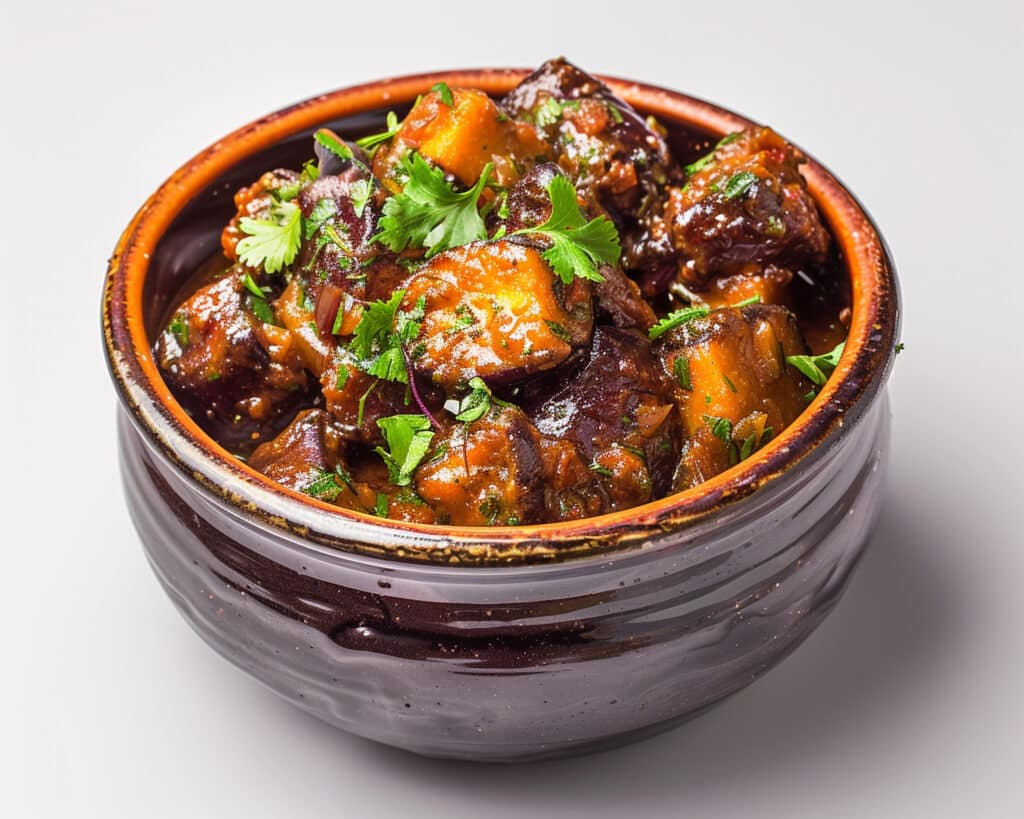
It’s hard to imagine an Indian kitchen without the beloved potato (aloo). This simple, unassuming tuber has earned a special place in our hearts and on our plates, becoming an essential ingredient in countless dishes across India. From spicy curries to crispy snacks, potatoes are everywhere, quietly transforming our meals with their adaptability and comforting presence. But how did the humble potato make its way into Indian kitchens, and what’s its deeper significance in Indian cooking?
The Journey of the Potato to India
Surprisingly, the potato didn’t originate in India. It was introduced to the subcontinent by the Portuguese in the late 16th century. Native to the Andes Mountains in South America, the potato traveled across oceans, eventually becoming one of the most widely consumed foods in the world. When the British established colonial rule in India, they promoted the cultivation of potatoes, recognizing their ability to grow in various climates and terrains.
What started as a foreign import quickly took root in Indian soil—both literally and figuratively. Over time, the versatile potato found its way into every Indian kitchen, becoming a beloved ingredient in regional dishes from north to south, east to west. Today, it’s hard to find an Indian household that doesn’t stock a few potatoes in the pantry, ready to be transformed into a comforting meal at a moment’s notice.
The Versatility of the Potato in Indian Cuisine
The beauty of the potato lies in its versatility. No matter where you are in India, there’s a traditional dish that showcases the potato’s ability to take on a wide range of flavors, textures, and forms.
- Aloo Gobi: A North Indian classic where potatoes and cauliflower are sautéed with turmeric, cumin, and garam masala. It’s a simple yet deeply satisfying dish.
- Batata Vada: A beloved street food from Maharashtra, these spiced mashed potatoes are dipped in chickpea flour batter and deep-fried to golden perfection.
- Dum Aloo: In this Kashmiri delicacy, baby potatoes are slow-cooked in a rich, spiced yogurt gravy. The creamy, aromatic dish is a celebration of flavors.
- Aloo Paratha: A breakfast favorite in North India, this stuffed flatbread is filled with spiced mashed potatoes and served with yogurt and pickle.
- Masala Dosa: The South Indian potato variation makes its appearance here, too! Spiced mashed potatoes are wrapped in a crispy, golden dosa for a breakfast that’s nothing short of divine.
From breakfast to dinner, from street food to festive meals, potatoes seamlessly adapt to any occasion, earning their title as the “chameleon” of the Indian kitchen.
Healing and Nourishing from the Ground Up
Now, let’s explore the potato’s role in Ayurveda, India’s ancient system of holistic healing. According to Ayurveda, food isn’t just about sustenance—it’s about balance. Different foods have different effects on the body’s doshas (Vata, Pitta, and Kapha), and Ayurveda offers guidance on which foods balance these energies.
While potatoes are considered earthy and grounding, they are classified as slightly Vata-aggravating because of their light, dry, and astringent qualities. However, when prepared with warming spices like cumin, mustard seeds, or turmeric, they can balance this effect, making them a nurturing and grounding food, especially for Pitta and Kapha doshas.
Potatoes also provide:
- Energy: Potatoes are rich in carbohydrates, which provide a quick and sustained source of energy.
- Digestive Aid: Potatoes, when cooked with Ayurvedic spices, are easily digestible and promote digestive health.
- Vitamins and Nutrients: Potatoes are a good source of Vitamin C, potassium, and antioxidants, supporting immune function and overall well-being.
In Ayurveda, the key is balance, and the potato—when cooked thoughtfully—can provide grounding nourishment that supports both body and mind.
A Lesson in Simplicity and Versatility
Let’s take a moment to get philosophical. If we think about it, the potato is a lot like life. At first glance, it’s simple, humble, even a little rough around the edges. But when you peel back the layers, you discover its true potential. It’s resilient, adaptable, and incredibly versatile—able to transform into whatever is needed in the moment, just like us.
Life, like a potato, requires us to be flexible, to adapt to different circumstances, and to find nourishment in every experience. Whether we’re being tossed into the heat of the pan or seasoned with spices, each moment shapes us into something richer, deeper, and more flavorful. In the same way that a potato can go from a boiled side dish to a crispy fry, we, too, have the potential to evolve and thrive in the face of life’s challenges.
Aloo Baingan (Potato and Eggplant Stir-fry)
For a change of pace, let’s explore Aloo Baingan, a delightful combination of potatoes and eggplant. This dish is flavorful, wholesome, and showcases how the potato can play a supporting role in Indian cuisine while still standing out.
Ingredients:
- 3 medium-sized potatoes, diced
- 2 small eggplants, diced
- 1 tablespoon mustard seeds
- 2 tablespoons oil (preferably mustard oil for a richer flavor)
- 1 teaspoon cumin seeds
- 1/2 teaspoon turmeric powder
- 1 teaspoon coriander powder
- 1/2 teaspoon garam masala
- 1/2 teaspoon red chili powder
- Salt to taste
- Fresh coriander leaves for garnish
Directions:
- Heat oil in a pan over medium heat. Add mustard seeds and cumin seeds, allowing them to splutter.
- Add the diced potatoes and sauté for 5-6 minutes until they begin to brown slightly.
- Add turmeric powder, coriander powder, red chili powder, and salt. Stir well to coat the potatoes in the spices.
- Add the diced eggplant and cook for another 10-12 minutes, stirring occasionally, until both the potatoes and eggplants are tender and cooked through.
- Sprinkle garam masala and give the dish a final stir.
- Garnish with fresh coriander leaves and serve hot with chapati or rice.
The Potato’s Place in Our Hearts
The journey of the potato—from its introduction to India to its revered place in kitchens across the country—is a story of transformation, much like our own lives. The potato has adapted, evolved, and integrated itself into the fabric of Indian cuisine, becoming indispensable along the way. Whether it’s comforting us in times of need or elevating a meal to something special, the humble potato never disappoints.
So, the next time you cook with potatoes, take a moment to appreciate their quiet strength and versatility. They remind us that, like them, we can adapt to whatever life throws at us, finding joy and nourishment in the simplest things. After all, life, much like a potato, is about transformation—one dish at a time.


